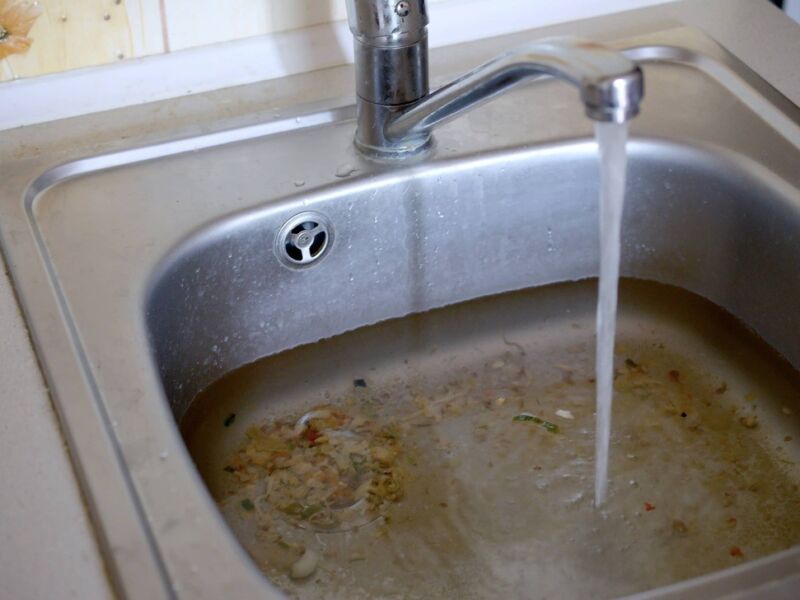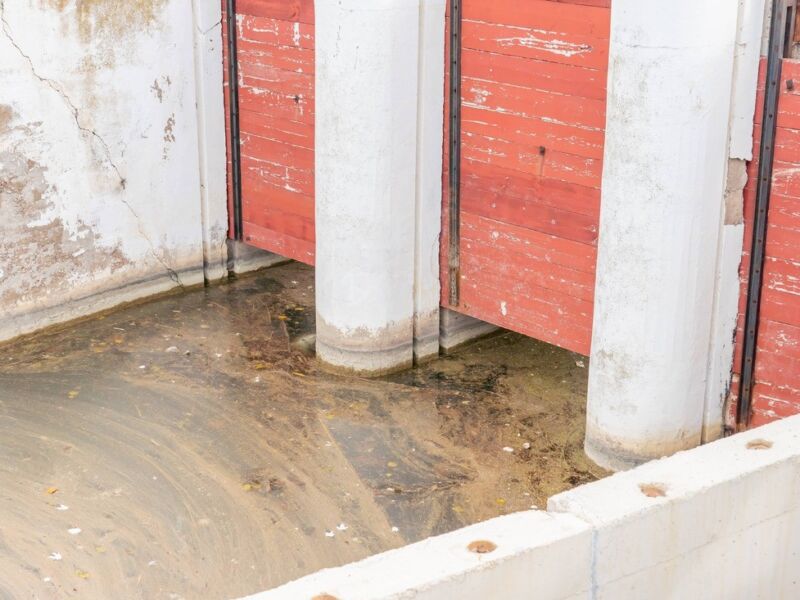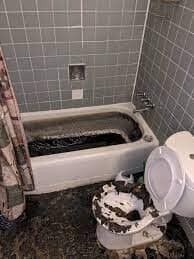
Understanding Sewage Backup: Causes, Risks, and Remediation
Sewage backup is a serious issue that can lead to significant damage and pose health risks. When the sewer line becomes compromised, whether due to blockages, damaged pipes, or other factors, it can result in sewage overflow into your property. This can cause extensive damage to your home or business and create an unsanitary environment.
Causes of Sewage Backup
Several factors can contribute to sewage backup:
- Clogged sewer lines: Accumulation of debris, grease, or tree roots can cause blockages in the sewer lines, leading to backup.
- Damaged or collapsed pipes: Aging pipes, corrosion, shifting soil, or external factors can cause pipes to crack or collapse, preventing proper sewage flow.
- Heavy rainfall and flooding: Excessive rainfall or flooding can overwhelm the sewer system, causing sewage to back up into properties.
- Malfunctioning septic systems: If your property relies on a septic system, a malfunction can lead to sewage backup.
Risks and Health Concerns
Sewage backup poses significant risks to your health and property:
- Contamination: Sewage contains harmful pathogens, bacteria, and viruses that can contaminate your living or working space.
- Structural damage: The excess water and pressure from sewage backup can cause structural damage to your property, including walls, floors, and foundations.
- Mold growth: The moisture from sewage backup provides an ideal environment for mold growth, which can further damage your property and pose health risks.
- Odor and indoor air quality issues: Sewage backup can result in foul odors and poor indoor air quality, affecting your comfort and well-being.

Preventing Sewage Backup
While some causes of sewage backup may be beyond your control, there are preventive measures you can take:
- Regular maintenance: Have your sewer lines and septic system inspected and maintained regularly by professionals to detect and address potential issues before they lead to backup.
- Proper disposal: Avoid flushing items that can clog your toilet or drains, such as wipes, feminine hygiene products, or excessive grease. Properly dispose of these items in the garbage.
- Tree root management: If you have trees near sewer lines, consider consulting an arborist to manage the roots and prevent them from infiltrating and damaging the pipes.
- Sump pump installation: Install a sump pump in your basement to prevent flooding and sewage backup during heavy rainfall.
Dealing with Sewage Backup
If you experience sewage backup, it’s crucial to take immediate action:
- Ensure safety: Stay away from the affected area and avoid any contact with raw sewage. Sewage contains harmful contaminants, so it’s essential to protect yourself.
- Call professionals: Contact a reputable water damage restoration company, such as Water Damage Restoration Pros of Las Vegas, for emergency sewage cleanup services. They have the expertise and proper equipment to handle the situation safely and efficiently.
- Document the damage: Take photos and make a list of the affected items and structural damage for insurance purposes.
- Insurance coverage: Review your insurance policy to see if you have coverage for sewage backup. If not, consider adding it to protect yourself from future incidents.
Dealing with sewage backup requires prompt action and professional assistance to mitigate the damage and prevent further health risks. Water Damage Restoration Pros of Las Vegas offers emergency sewage cleanup services to help you restore your property safely. Contact them at 725-210-8500 or visit their website for more information: Water Damage Restoration Pros of Las Vegas.
Frequently Asked Questions
What are the risks associated with sewage backup?



